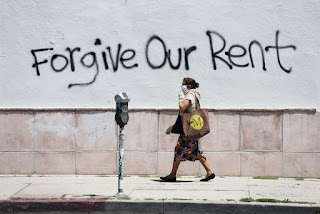Best Choice: De Minimis or 179 Expensing—or Bonus Depreciation?

How do you avoid losing money by making the wrong choice? Here’s one way to see the issue: Say you have seven employees who now work at least two days a week from home because of COVID-19. To facilitate this working at both the office and the home, you purchased seven laptop computers at a cost of $2,179 each. You have five choices for deducting the computers: De minimis expensing Bonus depreciation Section 179 expensing Modified accelerated cost recovery system (MACRS) depreciation Straight-line depreciation You have four things to consider: What is the maximum you can deduct this year, and what if you want to deduct less? How does this affect your Section 199A deduction if you operate as a proprietorship, a partnership, or an S corporation? (C corporations don’t qualify for the Section 199A deduction. If you operate as an LLC, you are one of the four taxable entities just mentioned.) If you file as a proprietorship on Schedule C of your Form 1040, is there a self-employment tax ...






